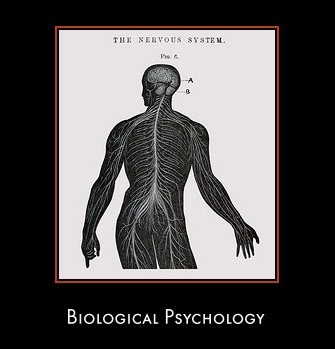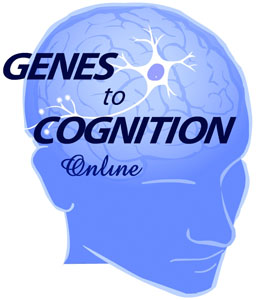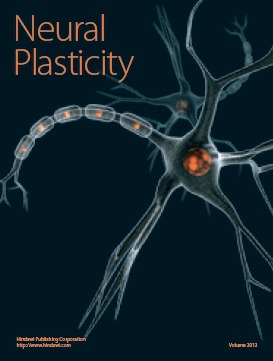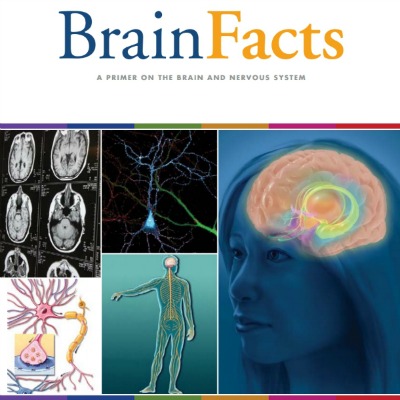Psychology Classics On Amazon

Biological Psychology
In the introduction to his acclaimed book on the subject, Dr. James W. Kalat notes that biological psychology is primarily concerned with brain activity as a means of studying the physiological, evolutionary, and developmental mechanisms of behavior and experience.
Scientific and academic interest in biological psychology can be traced back to the early part of the 20th century. For example, a landmark text on the subject - 'Principios de Psicología Biológica' (1910) by José Ingenieros, Professor of Experimental Psychology at the University of Buenos Aires - sought to analyse the development, evolution and social context of mental functions.
When you explore the field of biological psychology, it's highly likely that you will come across a number of related terms and specializations. Such as:
- Behavioral Neuroscience
- Physiological Psychology
- Psychobiology
- Biopsychology
- Neuropsychology

What is a Biological Psychologist?
Quality Biological Psychology Resources
The Making of Individual Differences is just one of the many course units you can access for free via LabSpace, a truly remarkable resource from the Open University that provides free and open educational resources for learners and educators around the world.
The Making of Individual Differences examines the issue of nature and nurture and how genes and the environment interact in the development of the nervous system to make each of us unique. It is not exclusively about biological psychology, however, the module contains some very insightful related material. For instance, make sure you access the section on genes and their influence on behavior.
CLICK HERE To Access The Making of Individual Differences.
This excellent first-of-its-kind website went live on the 16th March 2009 to coincide with International Brain Awareness Week. Genes to Cognition (G2C) is aimed at biology and psychology students, as well as families who are facing mental health problems and interested members of the public.
The website includes fascinating insights from more than 70 neuroscientists from across Europe and the United States, who provide different perspectives on genetic, neural, and cognitive approaches to understanding human behavior.
G2C Online is distinguished both by its content and the innovative way in which this interactive content is presented. As you explore the site your perspective shifts from one point to another, the effect of which is to emphasize the connections between known elements in brain circuitry, neuroanatomy, and brain function and dysfunction; particularly in the context of specific brain illnesses such as autism, schizophrenia, bipolar illness, and depression.
Visitors can access an extensive library of unique items including excellent 3-D brain, animations, demonstrations, videos, and experiments.
CLICK HERE to check out this quality resource.
Neural Plasticity publishes research and review articles from an entire range of relevant disciplines, including basic neuroscience, behavioral neuroscience, cognitive neuroscience, biological psychology, and biological psychiatry.
CLICK HERE for free full-text access to the 1000+ articles published to date.
Produced by the Society for Neuroscience, Brain Facts is a 95-page primer on the brain and nervous system, the latest edition of which includes information on brain development, learning and memory, language, neurological and psychiatric illnesses, potential therapies, and more.
CLICK HERE to download this excellent resource for free.
This Psychology Symbol - Vintage Retro Striped Sunset T-Shirt is available from Amazon (prime eligible) in a range of colors for women and men. Sales help support this website, which has been providing free and comprehensive information and resources for psychology students and educators since 2008.
Recent Articles
-
Psychology Book Marketing
Apr 17, 25 04:56 AM
Psychology book marketing. Ignite your book's visibility by leveraging the massive reach of the All About Psychology website and social media channels. -
All About Psychology
Apr 15, 25 10:41 AM
A psychology website designed to help anybody looking for detailed information and resources. -
Billy Milligan Case Study: Psychology, Crime, and the Split Mind
Apr 15, 25 08:02 AM
Was Billy Milligan a fractured victim—or a manipulative genius? This Billy Milligan case study explores the psychology behind one of history’s most controversial trials.
Please help support this website by visiting the All About Psychology Amazon Store to check out an awesome collection of psychology books, gifts and T-shirts.
Go Back To The Types of Psychology Page
Go From Biological Psychology Back To The Home Page











New! Comments
Have your say about what you just read! Leave me a comment in the box below.